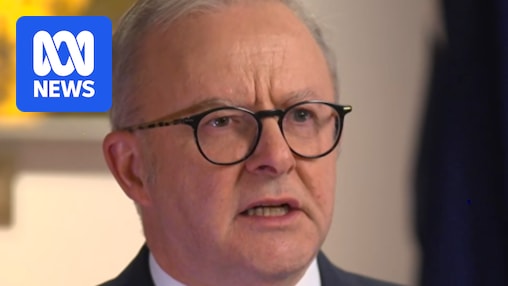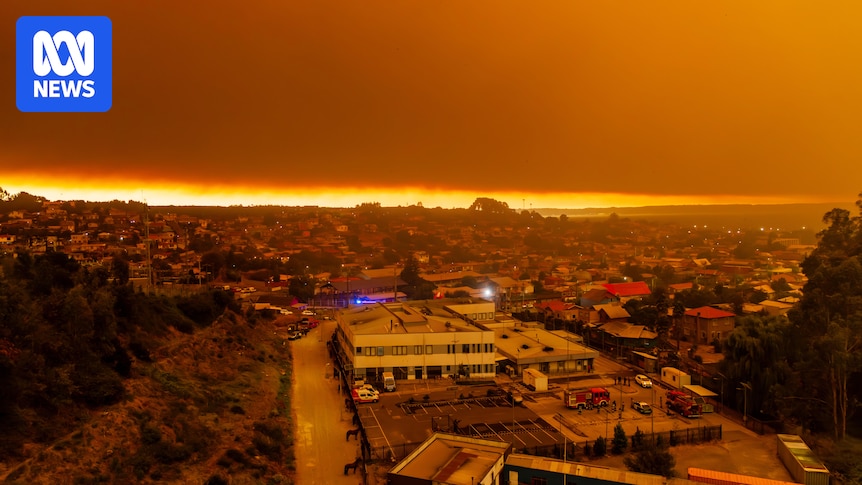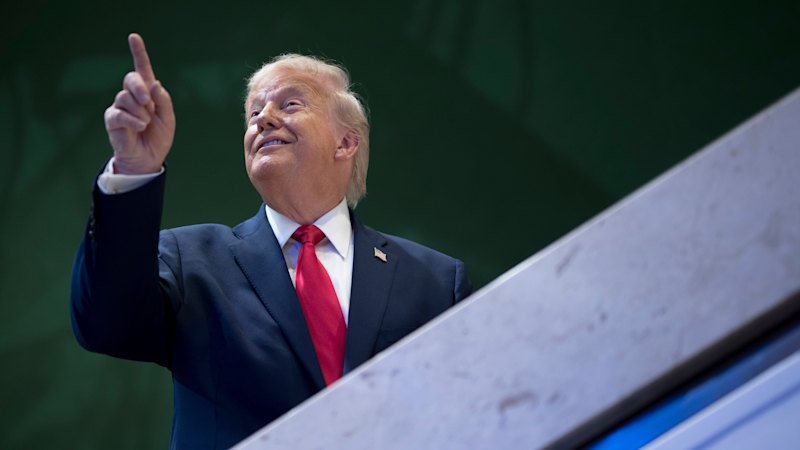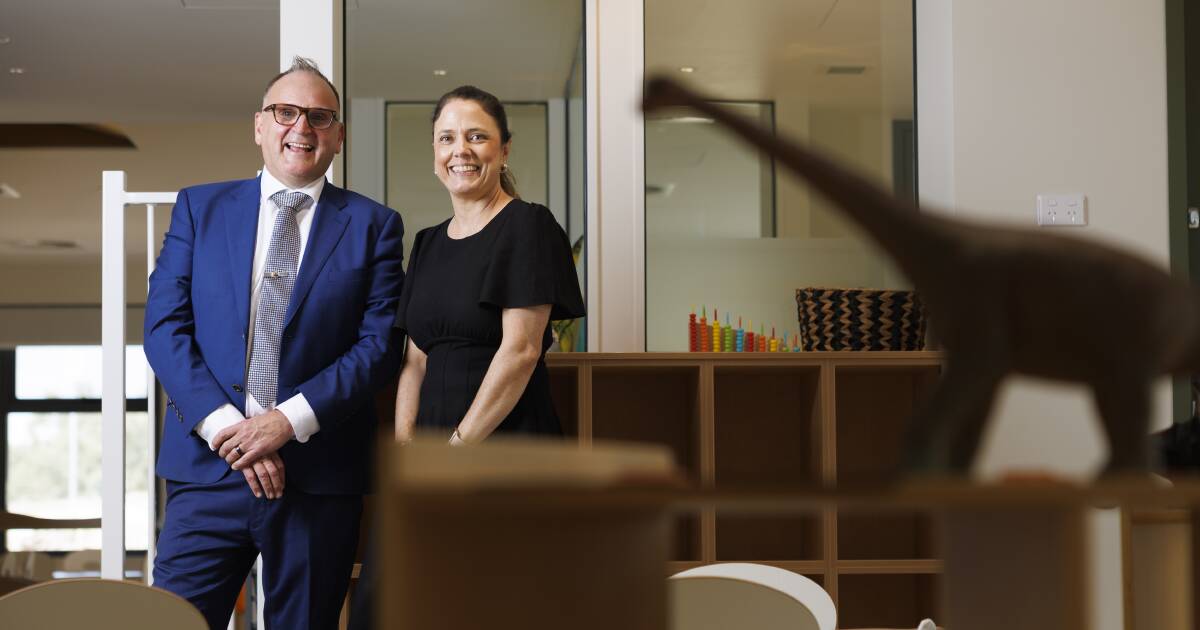
In a recent engagement with ABC News, Australian Prime Minister Anthony Albanese fielded a barrage of questions from the public, covering topics from international sanctions to domestic policies affecting everyday Australians. The session, which lasted 15 minutes, saw the Prime Minister addressing pressing issues that resonate with citizens nationwide.
International Sanctions: A Focus on Russia and Israel
One of the most pressing questions was about Australia’s approach to international sanctions. A participant questioned why Australia imposes 1,400 comprehensive sanctions on Russia but only a few on Israeli individuals. Prime Minister Albanese responded by highlighting the complexity of international relations and the specific contexts of each country.
“We have sanctioned Israeli individuals, both people involved with settler violence in the West Bank. We’ve actually sanctioned ministers in the Israeli government,” Albanese stated, emphasizing the nuanced approach required in international diplomacy.
He further explained the disparity in numbers, noting that the extensive sanctions on Russia target an authoritarian regime, including oligarchs and other influential figures. In contrast, Israel’s democratic framework allows for internal dissent and protest, as seen in the significant demonstrations within the country itself.
Domestic Policies: Housing, Gambling, and Resources
Support for Domestic Violence Victims
Another critical issue raised was the support for domestic violence victims, particularly concerning access to the First Home Owner Scheme. The Prime Minister acknowledged the need for potential reforms, stating, “That’s something that I’ll speak with the minister about.”
Gambling Advertisements
On the topic of gambling advertisements, which have been linked to broader societal issues, Albanese noted the complexities involved. He expressed concerns about the practicality of a ban, suggesting that it might drive gambling activities offshore, thereby reducing regulatory oversight and tax revenue.
“These things are complex with technology today, and we have been examining a range of areas,” he remarked, highlighting ongoing governmental reviews.
Petroleum Resource Rent Tax
Questions about the Petroleum Resource Rent Tax (PRRT) revealed public concern over the perceived leniency towards resource companies. While acknowledging reforms made two years ago to increase revenue, Albanese cautioned against creating “sovereign risk” by revisiting past governmental decisions.
“Our resource sector produces enormous revenue for Australia,” he affirmed, indicating the delicate balance between encouraging investment and ensuring fair taxation.
Childcare and Health Education: Future Considerations
Childcare Subsidy Reforms
Inquiries about potential amendments to the Child Care Subsidy, such as payments for grandparents and nannies, were met with caution. Albanese described such changes as “a very big call,” reflecting on the economic and cultural implications of altering the current system.
Health Professions and Practical Payments
The Prime Minister also addressed the possibility of introducing Commonwealth practical payments for health professions like dentistry and psychology. While open to suggestions, he indicated that such proposals would be considered within the broader budgetary process.
“These suggestions always come in and we’re up for suggestions, but they’ll feed into our budget processes,” he said, leaving the door open for future policy development.
The session underscored the complexity of governance and the diverse concerns of the Australian public. As the government navigates these challenges, Prime Minister Albanese’s responses suggest a willingness to engage with difficult questions and consider reforms where feasible.
The dialogue with the Prime Minister reflects a broader trend of increasing public engagement in policy discussions, highlighting the importance of transparency and accountability in modern governance.






